Overseeding Fertilizer for Fescue that needs Nitrogen
keeval
10 years ago
Related Stories
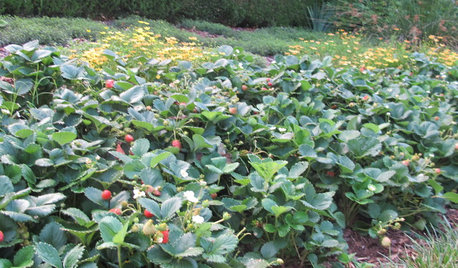
REGIONAL GARDEN GUIDESSoutheast Gardener's September Checklist
Fertilize strawberries, plant a tree or two and beckon hummingbirds to your Southern garden this month
Full Story
EARTH DAYThe Case for Losing the Traditional Lawn
Work less, help the environment and foster connections by just saying no to typical turf
Full Story
GARDENING GUIDESNew Ways to Think About All That Mulch in the Garden
Before you go making a mountain out of a mulch hill, learn the facts about what your plants and soil really want
Full Story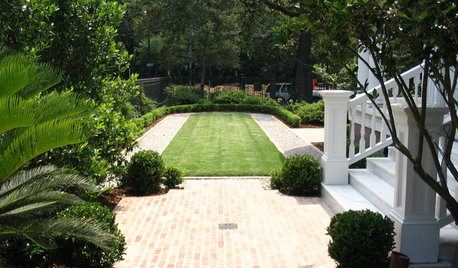
GARDENING GUIDESHow to Plant a New Lawn From Sod
Take the quick-start route to turf with sod; these installation guidelines will help ensure a healthy and long-lasting lawn
Full Story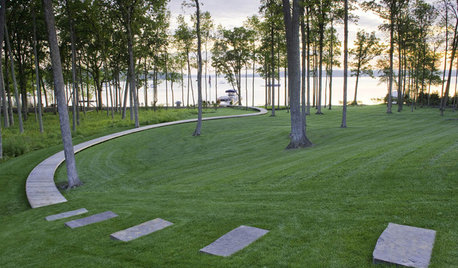
GARDENING GUIDESGive Your Turf the Fall Tune-up It Deserves
Treat your battered lawn to a little TLC this fall, and it will reward you with lush, healthy grass come spring
Full Story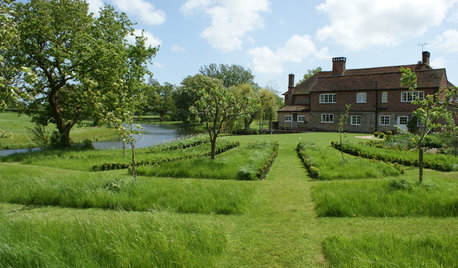
GRASSESHow to Rock a Lawn
Weekend Project: The key to healthy grass begins with the soil. If turf works for you, here’s how to fix it and keep it looking its best
Full Story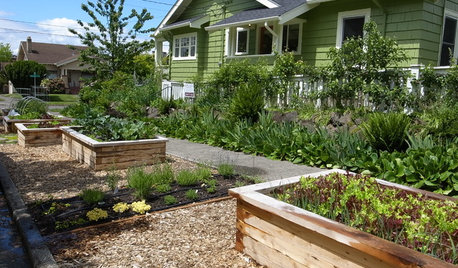
BEFORE AND AFTERSSee 6 Yards Transformed by Losing Their Lawns
Wondering whether a turf lawn is the best use of your outdoor space? These homeowners did, and they found creative alternatives
Full Story
MOST POPULARMeet a Lawn Alternative That Works Wonders
Carex can replace turfgrass in any spot, is low maintenance and adjusts easily. Add its good looks and you’ve got a ground cover winner
Full Story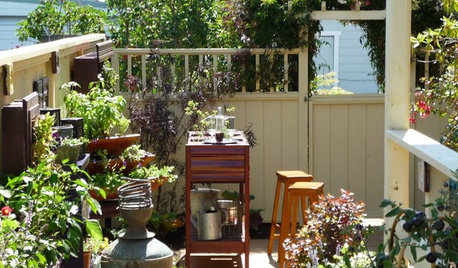
GARDENING GUIDES15 Ideas to Try in Your Garden This Year
These gardening stories were tops among Houzz readers. Which ideas might you try this year?
Full Story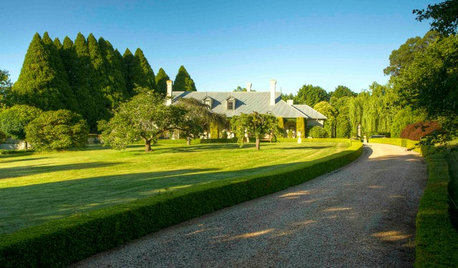
GARDENING GUIDESHow to Fix Bare and Yellow Lawn Spots
Restore your turf’s good looks by reseeding unsightly patches
Full Story





Kimmsr
keevalOriginal Author
Related Professionals
Canton Landscape Architects & Landscape Designers · Eden Prairie Landscape Architects & Landscape Designers · Tomball Landscape Architects & Landscape Designers · Bethel Park Landscape Contractors · Biloxi Landscape Contractors · Clark Landscape Contractors · Huntington Landscape Contractors · Riverhead Landscape Contractors · Santa Maria Landscape Contractors · Waterford Landscape Contractors · West Palm Beach Landscape Contractors · York Landscape Contractors · Haltom City Swimming Pool Builders · Salt Lake City Fence Contractors · Ventura Fence ContractorsKimmsr
keevalOriginal Author
Kimmsr
dchall_san_antonio
keevalOriginal Author
Kimmsr
sc77 (6b MA)
sc77 (6b MA)
Kimmsr
keevalOriginal Author